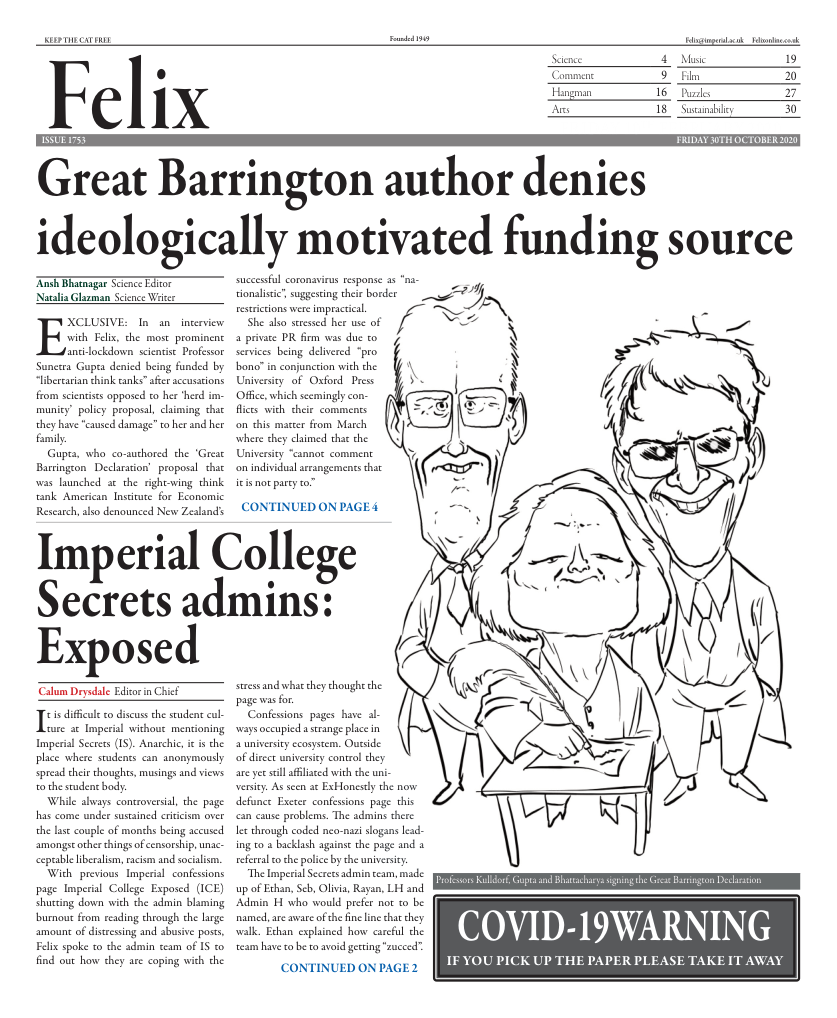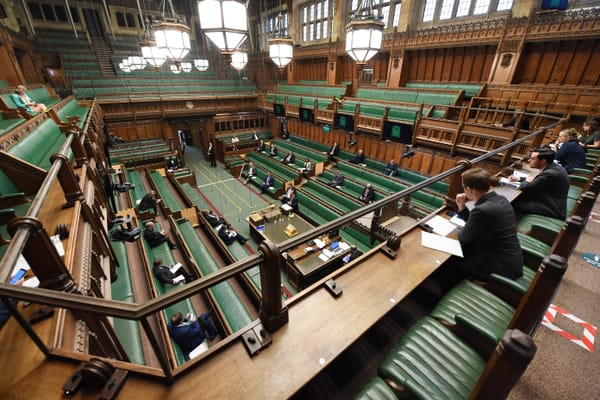We need to consider alternatives to a lockdown
There are those that believe that stricter lockdowns will save lives and there are others that believe that a different approach is better.
There are those that believe that stricter lockdowns will save lives and there are others that believe that a different approach is better. Though I fall into the latter category, I would like to preface this article by saying that neither side is evil.
Both sides argue from different points of principle, but with a common goal: to save lives. Abuse that is mudslung from one side of the debate to the other does nothing but polarise debate and make a viable solution less likely.
In late March when the UK and over half of the European countries had closed the door on the world in order that they avert the virus and keep others safe, the messaging from national governments was clear: we are locking you down to increase hospital capacity and stem the flow of the virus. At this time, the government had my full support in its approach; we did not know of the dangers of this virus and bucking the global trend was not a political price worth paying.
And so, from late March, we all did our duty to our Queen and country and stayed within our four walls in the hope that in the meantime, NHS capacity would be ramped up to withstand a potential inundation of hospitalisations further down the line.
The government succeeded in this and save for a couple of hospitals in the north-west of the capital, not one hospital was overwhelmed with coronavirus patients at the peak of the pandemic in mid April. With the ramping up of capacity, it wasn't just the nurses and doctors who were on the front line: the army had been drafted in to assist in the construction of the Nightingale Hospital in the Excel centre. The capacity was and is now available and the speed with which it was done should be commended.
So what is the plan now? If the original plan was to ensure our hospitals were readily equipped for a surge in hospital admissions, then that has been achieved. If the plan is now to eradicate this virus altogether and therefore hold out for a vaccine, then I am convinced we will kill more people with this approach than which we intend to save.
A safe and trialled vaccine on average takes between ten to fifteen years to develop. Living with these restrictions for such a period of time will lay waste thousands upon thousands of small/medium sized businesses, soar unemployment figures, and send people's mental health into the doldrums. Just this last week, the suicide prevention charity, Papyrus, said that it was “run off its feet” with 90 percent of all calls being linked to the lockdown.
With this in mind, I now believe that the narrative must shift from fearing this virus to learning to live with it. Compromises such as furloughing those that fall into vulnerable categories during a spike in cases can be made, but quarantining the entire, healthy population should no longer be a viable solution.
Any further lockdowns will delay any spread rather than prevent it and given the uncertainty of the emergence of a vaccine in the next year or so, we can ill afford to carry on like this.
An alternative approach that I am pledging my support to is the Great Barrington Declaration which states its intention of 'focused protection' and whose signatories include highly acclaimed epidemiologists such as Dr Sunetra Gupta and Dr. Jay Bhattacharya. I would urge all readers and students alike to peruse the declaration in their spare time and share it widely.
Endemic to our society is the coronavirus, and endemic to life is risk. I now believe that we must learn to accept this risk as much as we do every other for a life without risk, is a life not worth living.






